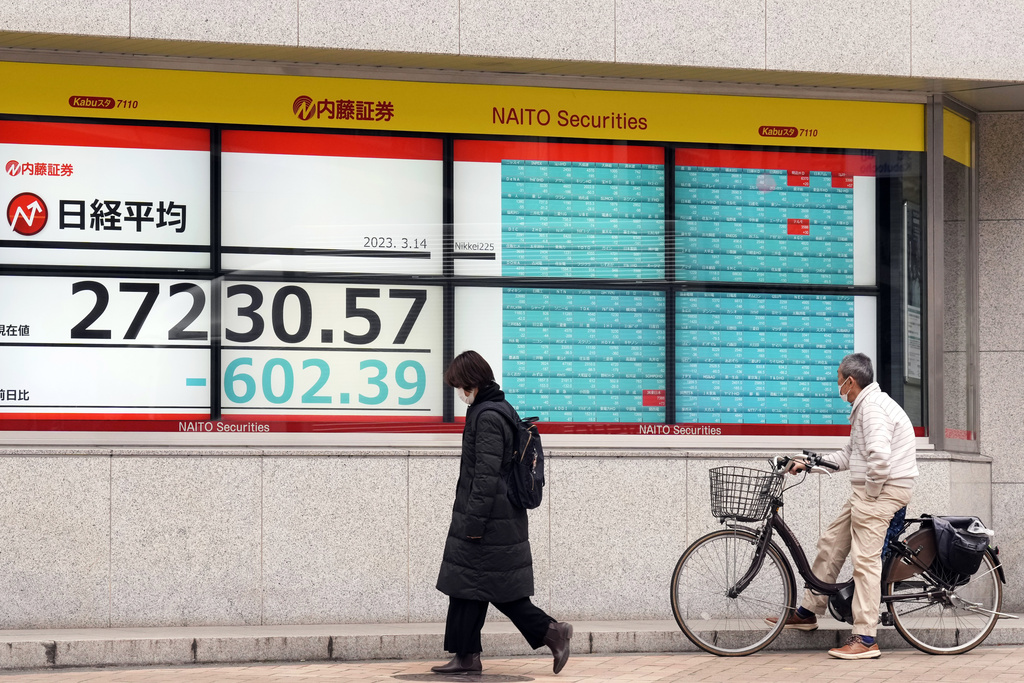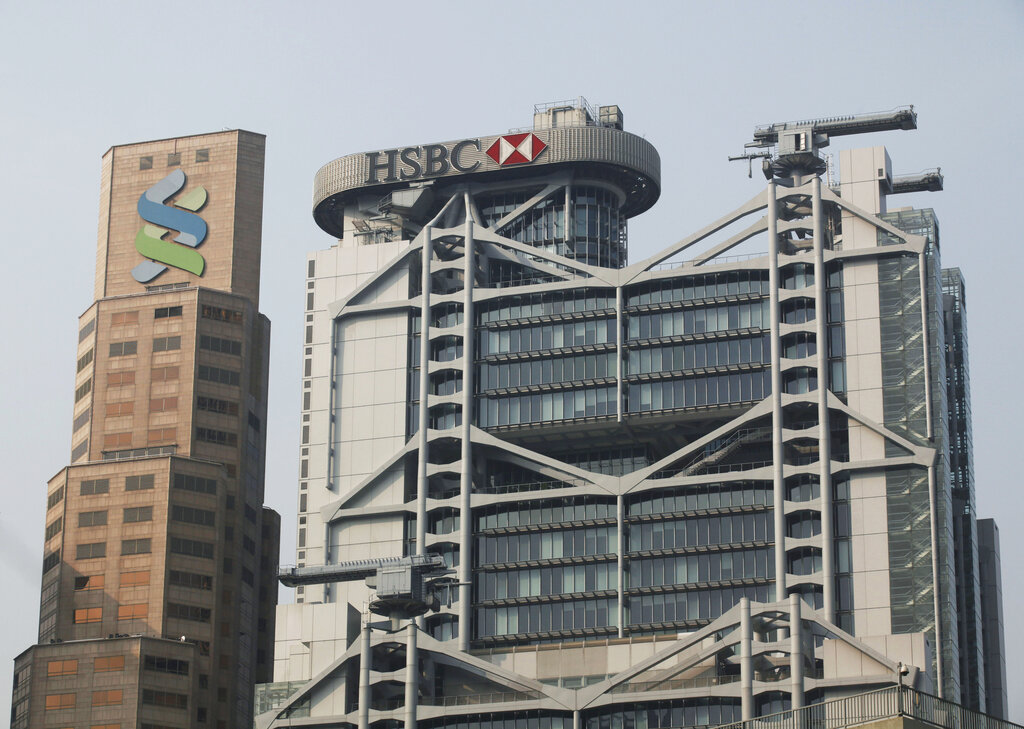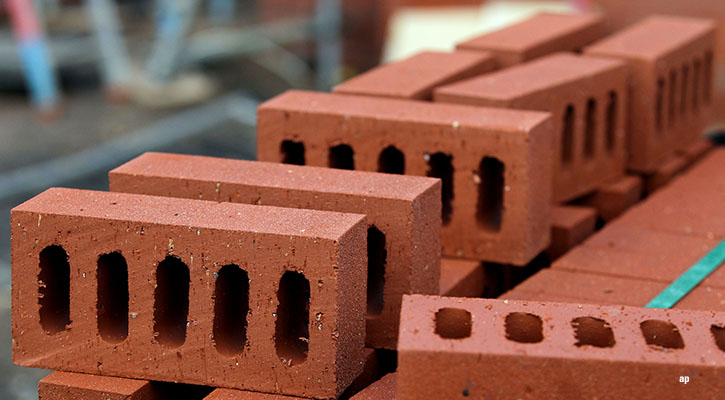Kate Lin: Welcome to Morningstar, HSBC's quarterly earnings beat forecast. Giving the market cause for cheer is also its first quarterly dividend announced since 2019. The future is still murky, though, on whether the bank will be split in two as some shareholders requested. Thus, we're asking our senior equity analyst, Michael Makdad, to tell us what is going on with HSBC.
Hi, Michael. First, HSBC resumed paying dividend. Do you think the expectations of a regular dividend payout is finally normalized?
Michael Makdad: Yes, I mean the short answer is yes. Definitely, I think so. With the resumption of the first quarter dividend as a quarterly dividend, I think it's normalized. The regular dividend payments are very important to a lot of the shareholder base. HSBC has a lot of individual retail shareholders in Hong Kong that use the dividend stream for their investment or income.
Until 2019, HSBC had a very regular pattern of paying $0.10 a share basically every quarter, in the first, second and third quarter of every year. And then at the end year end, somewhat larger dividend based upon the earnings. From 2020, when the pandemic came, they suspended their quarterly dividends. In 2020, they paid a small year-end dividend. And then in 2021 and 2022 they did pay interim dividends halfway through the year, but no quarterly dividends and the full-year amounts were smaller.
What we now have is that they announced that for the first quarter of 2023, they're going to pay $0.10 a share. I think we're going to get back to the previous pattern. Previously, for several years before the pandemic, they had paid for the full-year often 51 cents a share based upon their policy of core payout ratio of earnings of 50%, potentially with some special dividends on top of that, depending on if the capital levels allow.
But just based on the core payout ratio, I think we're going to actually end up with a larger dividend starting this year than we had for the full year. Then we had pre-pandemic and also for the first, second and third quarters of every year, we should have the regular $0.10 payouts.
Lin: Other than dividend, we see pressure coming also from some shareholders requesting to split the bank. Does this better-than-expected results help fend off such proposals?
Makdad: Again, the short answer I think is yes. Maybe I wouldn't characterize it as fend off the proposals of so much you know into. Gets the,
HSBC has its annual general shareholders meeting tomorrow, Friday. And it's up to the shareholders to vote on proposals, particularly ones from the Chinese insurer Ping An, one of which is about in this looking at how to increase value, for example, through breakups. And for this, the management has been adamant that they think their current strategy is the best one for realizing the most value and that a radical restructuring or breakup could be very disruptive or difficult.
The better-than-expected first-quarter earnings but also even the previous quarter, we started to see HSBC is benefiting, to some degree, from just higher interest rates and some market effects, but on an underlying basis as well. They had several years where they are ROTE, the return on tangible equity, was somewhat disappointing and I think with the benefit of the higher interest rates. But then also it appears that underlying earnings are improving and they can deliver better ROTE. And I think if this does help them argue that their the current strategy is the best for shareholders and not to pursue alternative strategies that could be disruptive.
Lin: Lastly, with banks in general, investors still have many concerns after seeing what is happening in the US and Europe's banking system. How would this affect HSBC?
Makdad: It depends obviously on what happens. I think, just overnight, as I'm looking today on Thursday, there was another U.S. regional bank not failing like Silicon Valley Bank, and not being sold like First Republic. Still, the shares are falling very rapidly and it suggests that there's a number of U.S. regional banks that's still going to have issues.
How does this affect Asian banks? In general, for most banks in Asia, I think that even if it turns out to be somewhat global financial crisis-type situation, which is yet to be seen. But even in that situation, I think the Asian banks, the situation is different enough that it there's not a lot of effects across the region.
But, within the Asian region, HSBC is the most global bank. So within Asia, I think it is a bank where we have to watch to what degree its future earnings could be affected, higher credit cost if there's recession. So I think yes, it's something to watch for. And within Asia, it's maybe one of the banks that could be more affected. But, generally, the Asian region is probably the least affected region in the world as we're looking to see what happens here.
Lin: Thank you so much, Michael. For Morningstar, I am Kate Lin.












.png)



.jpg)





